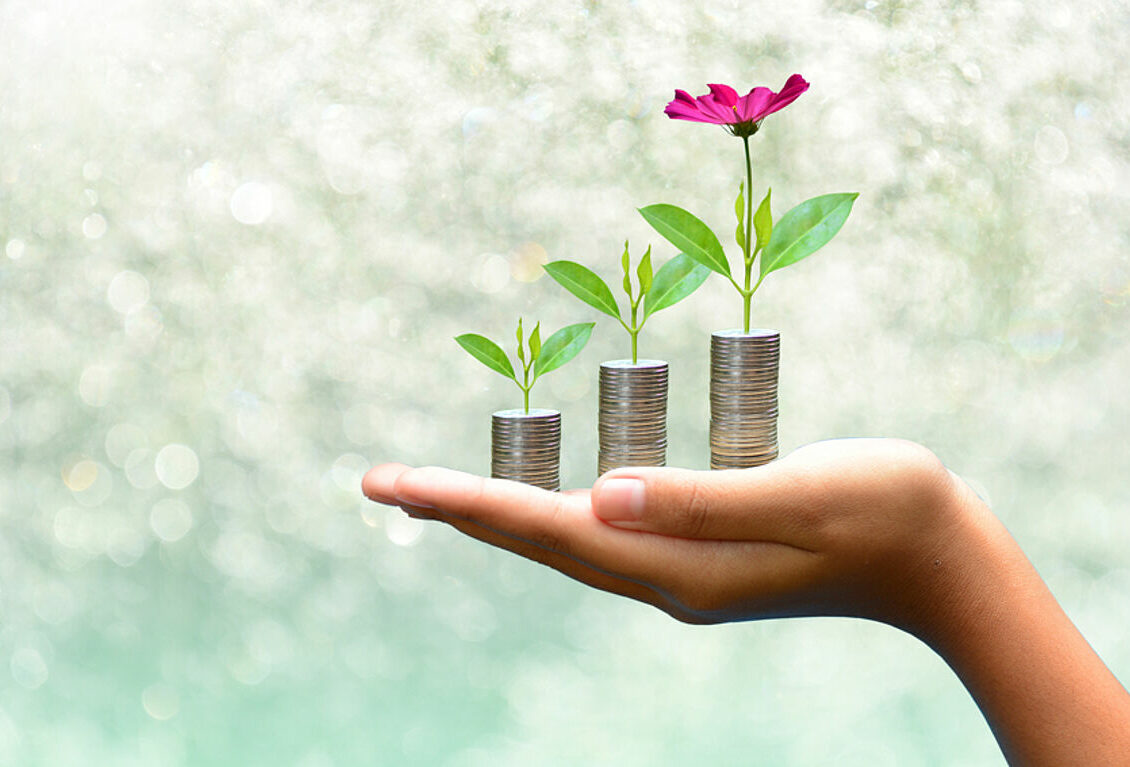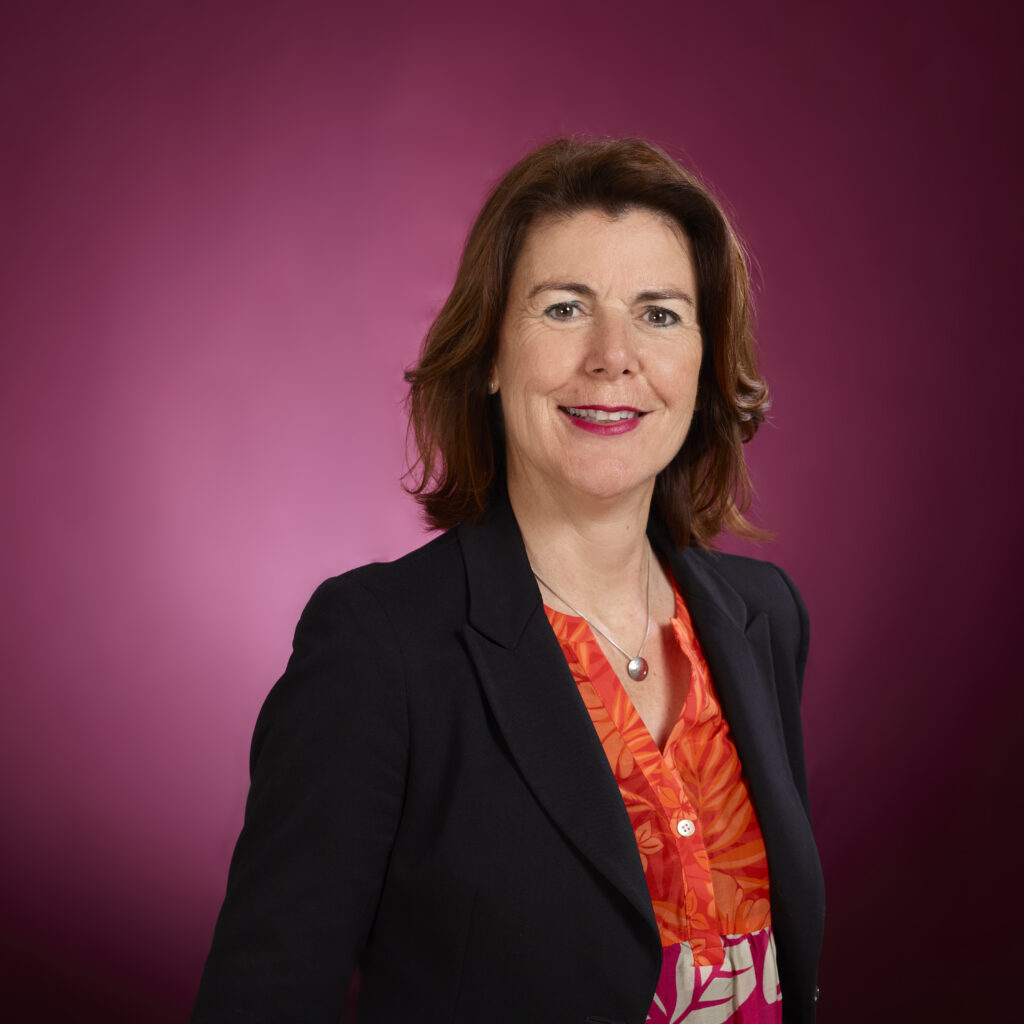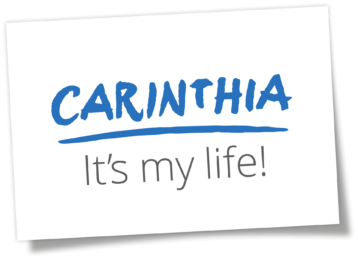Learning from each other across borders
An interview with KWF Board Member Sandra Venus about the new funding period and options for entrepreneurs and stakeholders.
Smart and Green - Priorities of the Carinthian Economic Promotion Fund’s portfolio
QUESTION: When pointing to the main priority areas of the new funding period, under the label “green, innovative, and digital”, you underlined the importance of research, innovation, co-operation and internationalization as key success factors for dynamic regional development. In a nutshell, how will funds be allocated to these areas?
SANDRA VENUS: The focus remains on co-operation in the fields of microelectronics (such as Silicon Alps, Silicon Austria Labs), climate protection, the circular economy (Green-Tech Cluster) and on plastics (with Upper Austria). Those of our programmes that are already up and running will remain available for the next few years, giving companies greater planning certainty.

© ITTIGallery | shutterstock.com
QUESTION: What can you tell us about KWF programmes such as “Start R&D” that use time-limited calls for proposals. How do entrepreneurs, business stakeholders make use of them?
SANDRA VENUS: These programmes are a supplementary instrument that we use to respond to trends or provide incentives and which have impromptu, time-limited calls. These are important not just for the individual enterprises but for the entire region, as competition for monetary support enhances the quality of projects. Moreover, up to 70% of project costs are funded.
QUESTION: KWF flagship projects include the Green Tech Cluster co-operation between Styria and Carinthia. How are stakeholders and entrepreneurs benefitting from the cluster? Which other clusters are relevant?
SANDRA VENUS: Stakeholders and entrepreneurs benefit from the synergies released through co-operation. These clusters also open up new opportunities on the global market. The Silicon Alps Cluster and the Silicon Austria Labs (SAL) in the field of microelectronics as well as partnerships with Upper Austria in plastics and the circular economy are other relevant clusters. New kinds of networking programmes, interdisciplinary discussions and collaborations like the Green-Tech Cluster are further supportive measures for stakeholders and entrepreneurs.
QUESTION: As regards the Technology Fund Carinthia, the centrepiece of the KWF portfolio, the way has been cleared for almost 100 projects (+ 11% compared to the previous year) with an investment volume of around 45 million euros. Without revealing details, what impressed you most about the stakeholders and entrepreneurs who are receiving assistance from this fund?
SANDRA VENUS: In Carinthia we have a multitude of impressive companies with revolutionary ideas and enthusiasm. The crisis has showed us that many enterprises are flexible and can use periods when demand is slow for new developments – both in terms of organization and in outcomes – or in co-operation with university institutes or research organizations. Many of these projects were supported by the Technology Fund Carinthia.
QUESTION: What was the most valuable lesson you learned during the recent period of disruption?
SANDRA VENUS: Every company faces its own individual set of circumstances and problems. Unfortunately, not all of these problems can be solved, which means that post pandemic not all companies can be saved. Important factors for dynamic business development are R&D, internationalization and co-operation.
QUESTION: Could you explain “KWF. digital”.
SANDRA VENUS: Having access to relevant information and the ability to distribute it is key. The amount of data has increased immensely during the crisis. Digitalization thus has become a prerequisite of our work. The KWF.digital tool kit allows us to handle the individual needs of our customers efficiently and in a service-oriented manner.
For successful co-operation the most important thing is trust. All other factors vary. (SANDRA VENUS)
QUESTION: In the foreword to your business report, you make a plea to look beyond borders – to learn from each other. You also say that co-operation and networking are especially important. What do you consider to be the three most important factors for successful co-operation?
SANDRA VENUS: The most important thing is trust. All other factors vary. They range from a level playing field, a common goal, a partner’s market strength, and also simple luck. Other factors are e.g. a good basis for communication and enthusiasm for the business.
Thank you for the interview! (Interview by Natascha Batic)

Sandra Venus
Sandra Venus was born in Burgenland and studied business economics in Graz. Before joining the KWF in 2003 she worked in accounting and tax consulting in a number of private-sector enterprises. In 2013 Sandra Venus was appointed to the Management Board. In this capacity she very much enjoys the opportunity to meet and work with others to shape developments in Carinthia.
The KWF’s website (information in GERMAN): www.kwf.at
